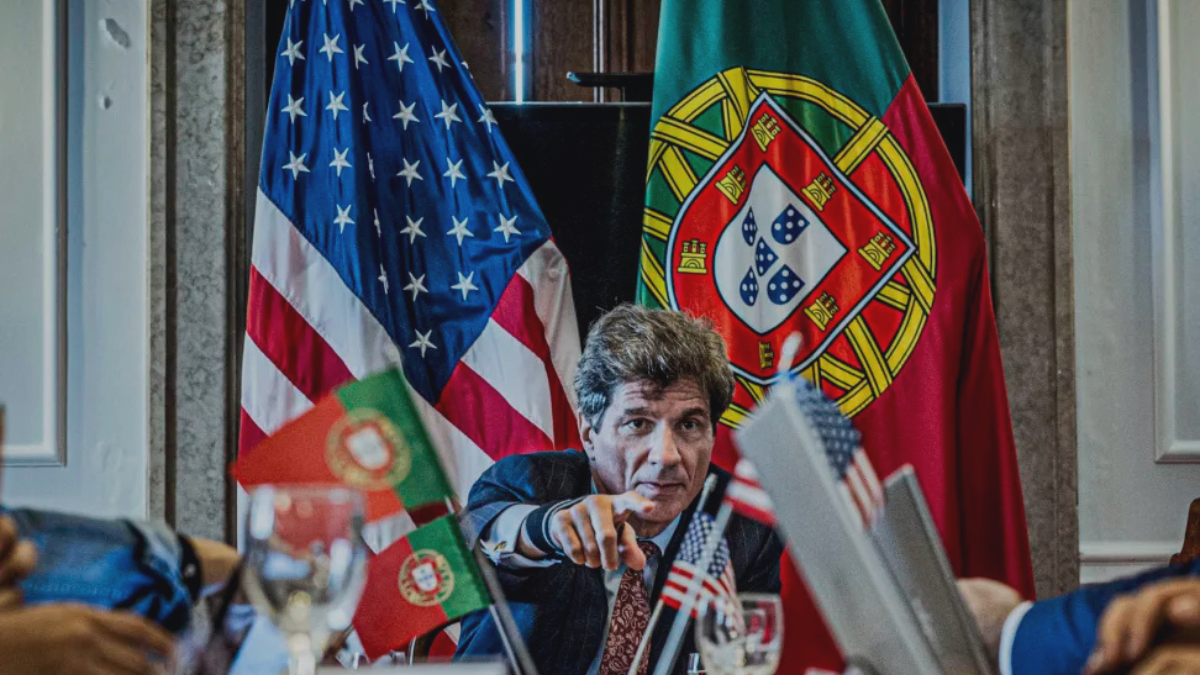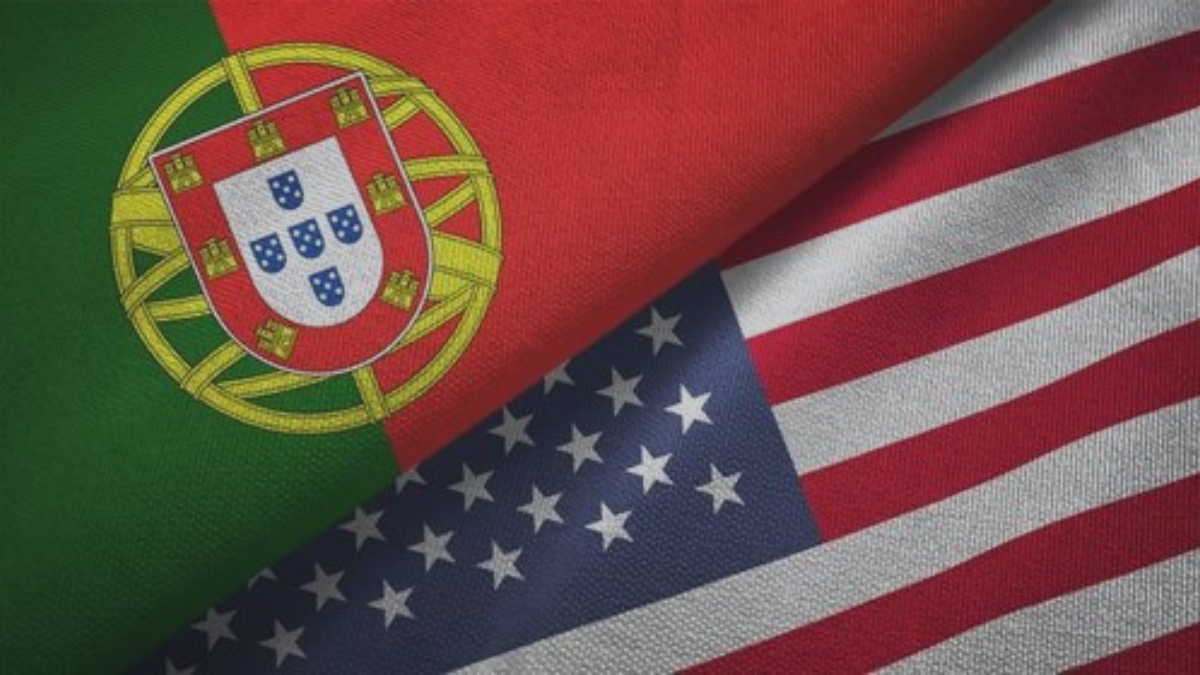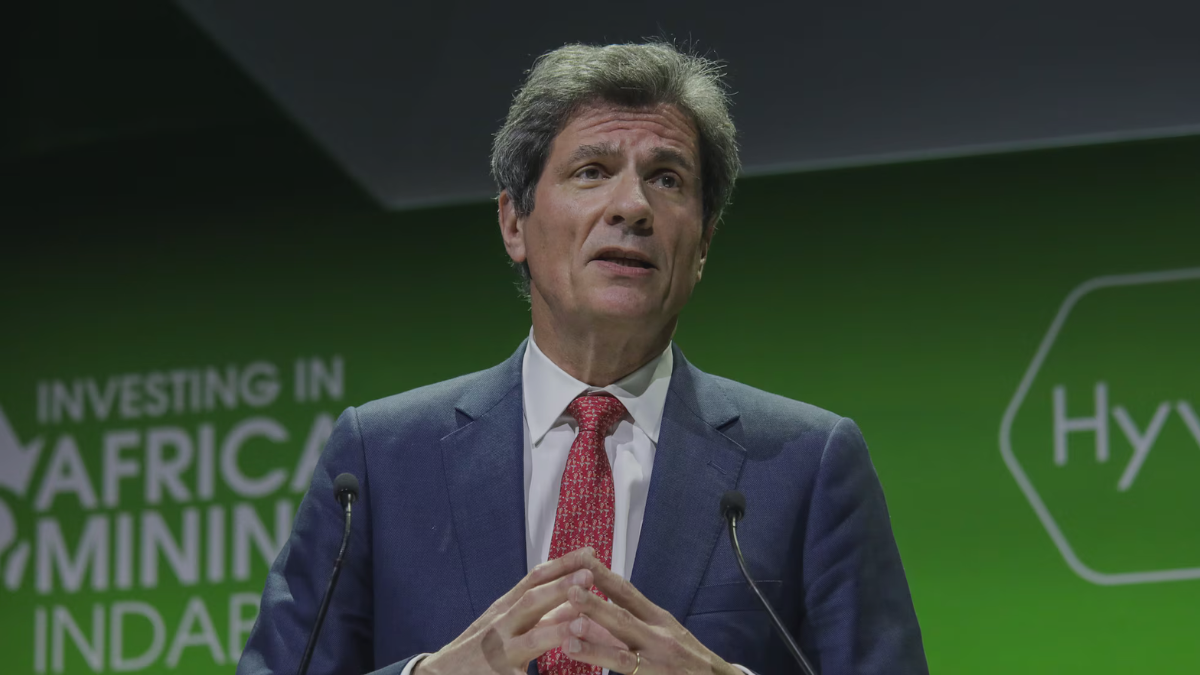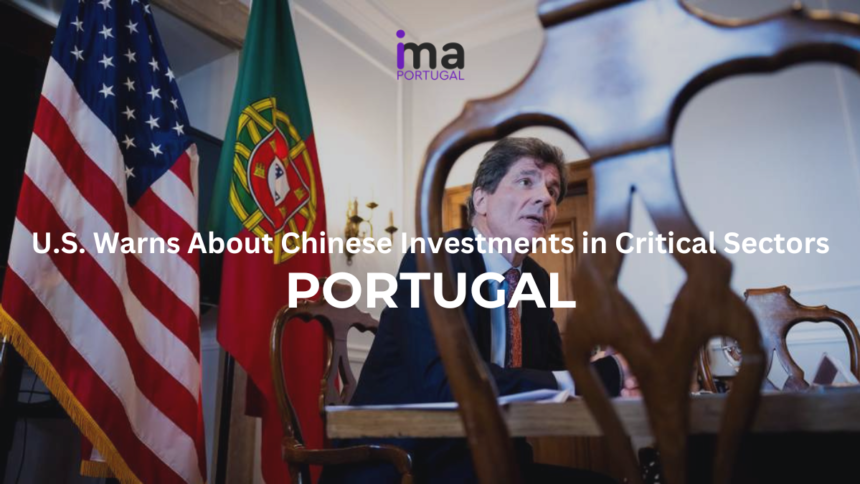From praising Portugal for how it handled 5G networks to urging the country to invest in lithium, the message from the Deputy Secretary for Economic Growth, Energy, and Environment, Jose W. Fernandez, was clear.
Concerns Over China
During a meeting with journalists at the American embassy in Lisbon, he emphasized that the United States is Europe’s key partner, and China should not be trusted, as it mixes politics with business. He said:
We are dealing with a state-led, non-market approach, supported by the Chinese government. Chinese companies pay rent, pay no taxes and receive subsidies. This creates an uneven playing field, where private companies simply do not have a chance to compete. At some point, if you are losing money in a private company, you go bankrupt. In the case of China, if you lose money, you go to the government and they give you more money. This creates an unfair playing field. And this is seen, by the way, in the current situation, where there is an oversupply in the market, and in an area that I have discussed with Portuguese companies: that of critical metals. This oversupply is hampering the ability of Portuguese companies to develop. China is producing, in the case of lithium, much more than the world needs today. What are we seeing? That the price of lithium has fallen. And this discourages investment.

Read More About: Portugal’s Attorney General Sets Deadline To Resolve The EDP Corruption Case
Before speaking to journalists, Fernandez met with businesspeople and the Ministers of Economy and the Presidency. This is part of an ongoing American diplomatic effort in Portugal, which comes at a high point in their relations.
Strengthening Diplomatic Efforts
The official from Joe Biden’s administration noted that:
Last year, the United States was the largest trading partner outside the European Union, and in 2024, bilateral trade continues to grow. In 2023, we also became the largest investor in Portugal.
He added that the visit to Portugal follows an initiative by Ambassador Randi Charno Levine last year with some energy companies.
Since relations between the two allies are on an upward trajectory, the deputy secretary felt the need to issue a warning in Lisbon—just as other American leaders have done—about the risks of doing business with China.

However, this doesn’t mean negotiations with China should be abandoned. “We are not disconnecting from China; we are not decoupling. We are reducing risks,” Fernandez explained, noting that there is a robust economic relationship with China, which is our third trading partner.
He emphasized that it’s not about excluding Chinese investment but about establishing rules. For example, he suggested that European governments adopt a system for reviewing foreign investments, similar to what exists in the U.S.
He didn’t hold back in praising Portugal for how it regulated 5G networks—though he didn’t specifically mention the exclusion of Huawei—going so far as to say that the country set an example for the rest of the European Union.
He also pointed out that, in the case of 5G, no one can accuse the United States of favoring American companies, as there are none in the sector. Fernandez emphasized saying:
Your security impacts our security.
The Importance of Lithium
He also encouraged Portugal to invest in lithium, despite the current drop in prices, which he mentioned. Aware that Portugal holds the largest lithium reserves in Europe, and thus represents a potential source of significant wealth, Fernandez stated:
The International Energy Agency estimates that by 2050, in order to meet clean energy targets, so that the average temperature does not rise more than 1.5 degrees Celsius, we will need 42 times more lithium than we use today. What does this mean? That unless we find that lithium, unless we invest in mining, refining and processing that lithium, we will not meet those clean energy targets. These climate targets are the answer to the existential crisis of our time, and the Biden Administration has believed in this since day one.
Such critical minerals play a significant role in U.S. strategies aimed at diversifying supply sources and maintaining economic strength. To address these concerns, the United States, together with 14 other nations and the European Union, formed the Mineral Security Partnership (MSP).

Fernandez noted that the partnership includes members representing 55% of the world’s GDP. He highlighted the participation of countries like India, Japan, South Korea, and Australia. A primary focus of the MSP is to ensure that countries do not have to choose between protecting the environment and achieving economic growth—a discussion particularly pertinent to Portugal.
Challenges and Opportunities Ahead
The Chinese stake in EDP was also discussed, particularly its potential impact on projects in the United States. In response, officials reminded attendees that rules regarding foreign investment have been in place for a long time.
Regarding the significance of the port of Sines, the focus shifted to the value of Portugal’s geography and the importance of a vast network of ports to ensure diverse supply sources—needs that became apparent during the pandemic.
There were also reassuring comments about American LNG production, which is crucial for Europe’s energy security as the third anniversary of Russia’s invasion of Ukraine approaches.
Additionally, there was a chance to adopt an optimistic tone about reducing trade disputes between the two sides of the Atlantic, which primarily emerged during Donald Trump’s presidency. Fernandez urged let’s look ahead.






